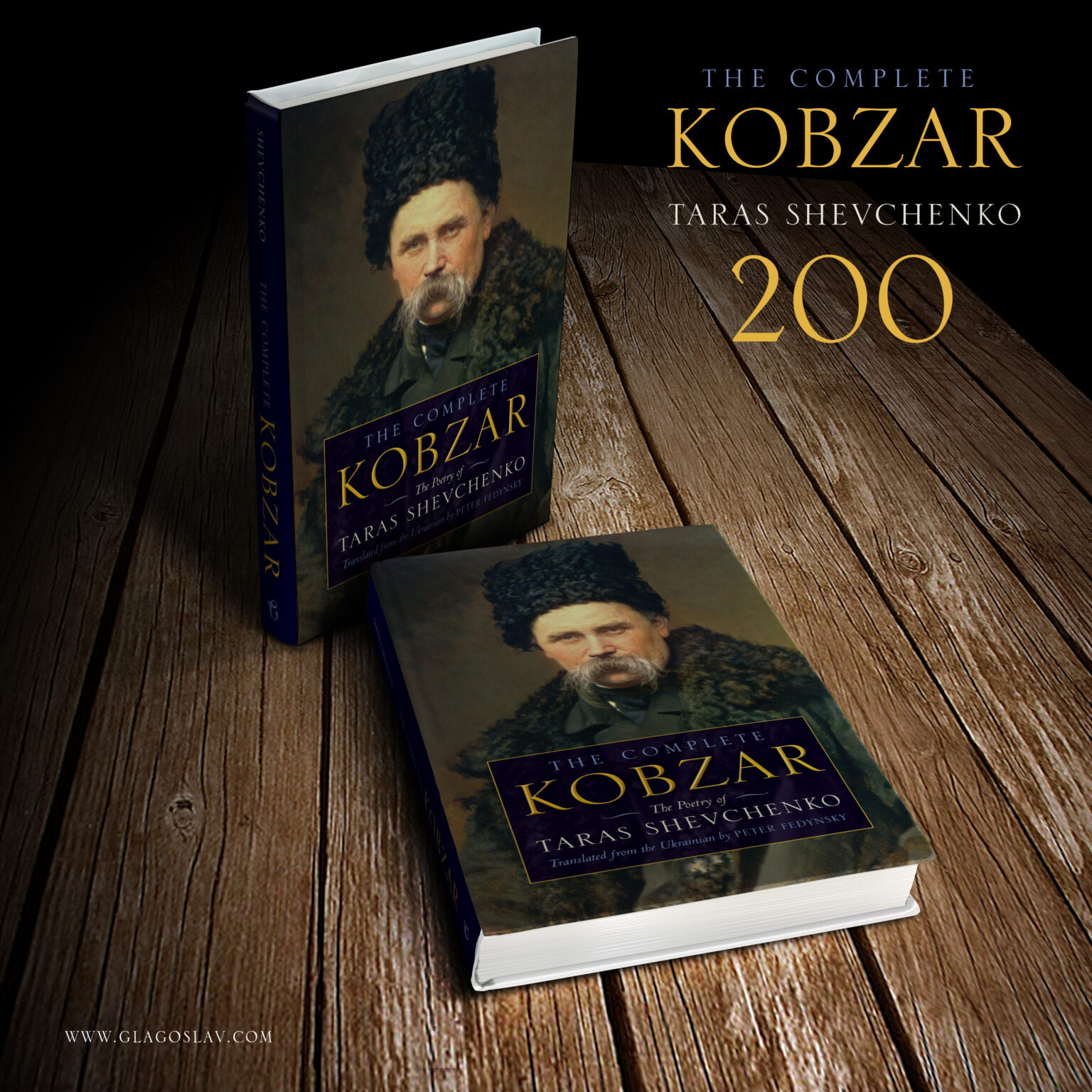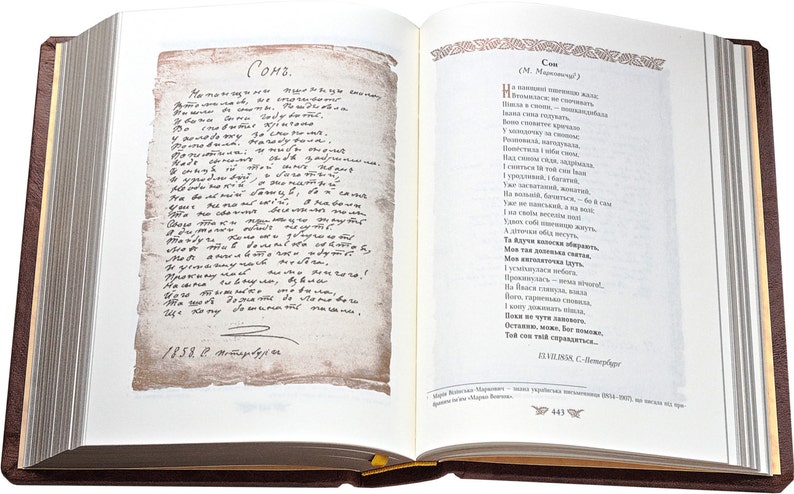

Yukhym Melamed, a well-known expert on the archived Jewish legacy in Ukraine, posits three attempts to publish a book of Yiddish translations of the Kobzar in Soviet Ukraine: 1929, 1934, and, finally, 1937–1939. His novel A Walk with Pleasure and Not Without a Moral was also published. Dovid Hofshteyn’s translation of Shevchenko’s Kobzar, issued by Dukh і litera Publishers in 2018, Photo: Īs noted above, two volumes of Dovid Hofshteyn’s translations were issued in 1939: a selection of poems from the Kobzar for children (published in Odesa) and Selected Works for adult readers. On the other, Shevchenko was a poet, who also had a religious education- Mykhailo Drahomanov called him a “biblical scholar.” His works are replete with allusions to and reminiscences about biblical texts and the Bible was the most important book in his life. On the one hand, the Ukrainian and Yiddish languages are very different in terms of grammar and syntax. In the history of literature, translations have long been viewed as an important element of inter-cultural dialogue, and the interpretation of the Kobzar in Yiddish is a unique interpretation of Shevchenko by writers who had a traditional Jewish education and were raised on biblical literature. Our project may be called a dual reading of the Kobzar, through visual text and verbal text, that is, through the prism of another rich and unique literature: Yiddish. It was decided to illustrate this publication with the paintings of Vasyl Sedliar, a Boichukist, which were featured in the 1931 edition of the Kobzar. In connection with this important date, Dukh і Litera Publishers initiated an ambitious project to republish Dovid Hofshteyn’s Yiddish-language translation of Taras Shevchenko’s Kobzar, which was done in the 1920s and 1930s. In 2019 we will be celebrating the 205 th anniversary of Taras Shevchenko’s birth.


Two volumes of Dovid Hofshteyn’s translations finally came out in 1939: a selection of poems from the Kobzar for children and Selected Works for adult readers. In 2019 we will be marking eighty years since the date of the most large-scale projects to publish Yiddish-language translations of Shevchenko’s works.


 0 kommentar(er)
0 kommentar(er)
